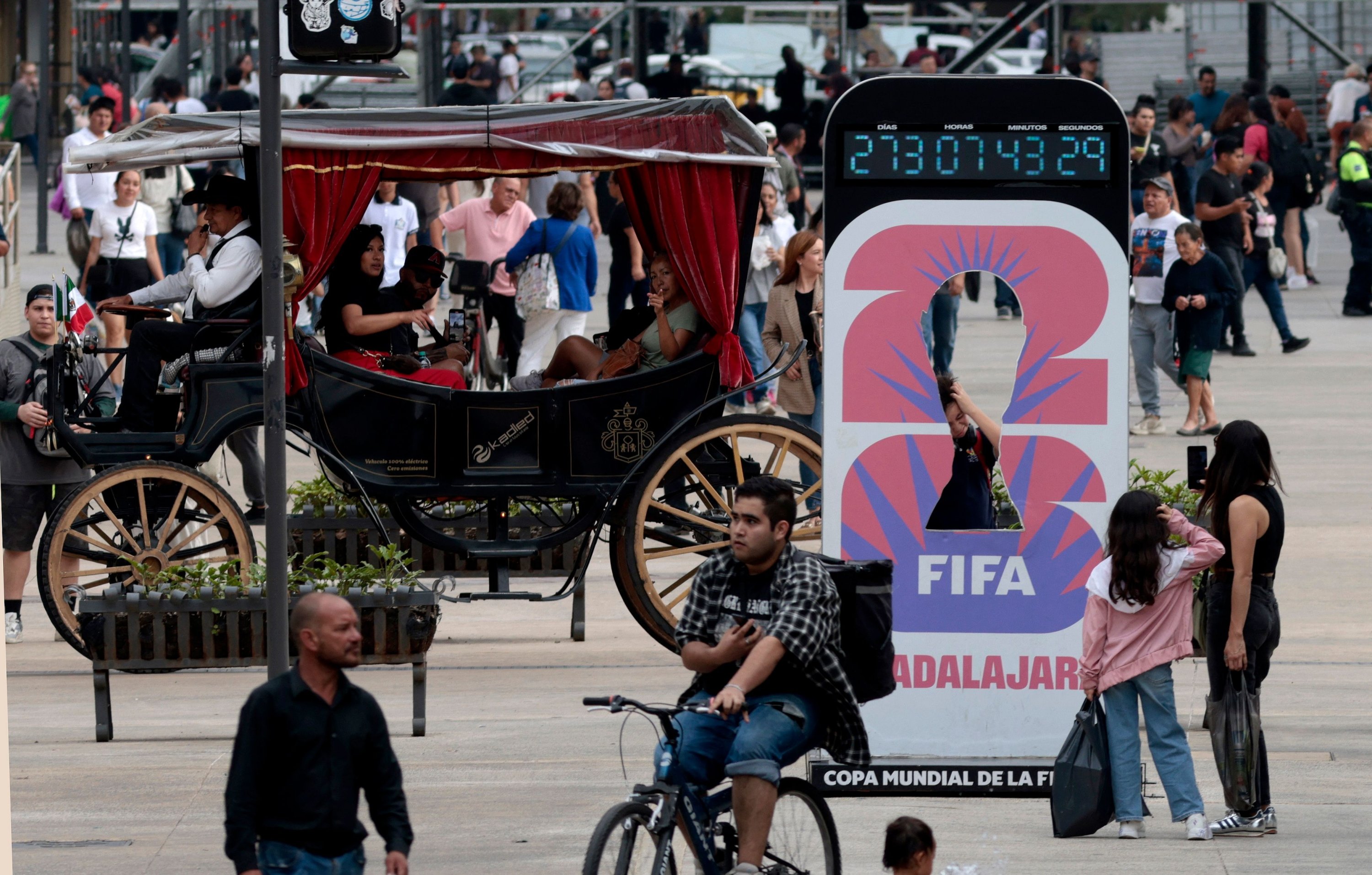FIFA is facing backlash over its World Cup ticket pricing policy, with critics accusing the governing body of “living in a parallel universe” and ignoring fans.
A 10-day application window opened Wednesday for Visa cardholders hoping to secure tickets ahead of next year’s tournament, co-hosted by the United States, Canada and Mexico.
But controversy erupted after it emerged that applicants assigned later purchase slots could pay more for the same seats under FIFA’s “variable pricing” model.
Unlike dynamic pricing, which relies on automated algorithms that adjust costs based on demand, variable pricing introduces a human element to price changes.
Supporters of the system argue it softens sudden spikes, but fan groups remain unconvinced, saying the approach still puts profit ahead of accessibility.
The criticism has extended beyond football circles. New York mayoral candidate Zohran Mamdani launched a petition titled Game Over Greed in protest, accusing FIFA of prioritizing revenue at the expense of supporters.
Ronan Evain, executive director of Football Supporters Europe, told the Press Association: “We think FIFA is sending the wrong message by putting variable pricing in place for the World Cup.
“Their key argument is the legal framework in the U.S. wouldn’t allow them to do anything else – I find that very hard to believe.
“Where FIFA is being completely irresponsible is that it’s going to be an expensive World Cup – expensive to travel within the U.S., expensive to go to the stadium, with hardly any public transport.
“None of that is within FIFA’s control. What FIFA does control is the price of tickets, and that’s the one area where they could have acted – at least symbolically – to reduce the overall cost of the competition for match-going fans.
“It’s very hard to understand, when FIFA has enormous reserves and absolutely doesn’t need to increase ticketing revenue. Unfortunately, FIFA lives in a parallel universe. It doesn’t really care about fans or about public opinion.
“It’s a wake-up call for football in Europe that we need proper consumer protection laws in place to avoid this further entering the European market.”

Football Supporters Europe’s criticism has been echoed across the Atlantic by Mamdani. His petition urges FIFA to abandon the pricing policy, cap resale ticket prices and set aside 15% of tickets for local residents at a discount.
“It’s time we put the game above greed and host a World Cup all New Yorkers can afford to enjoy,” read a message on Mamdani’s campaign website.
Fans also reported difficulties online Wednesday when applying to enter the pre-sale draw.
Applicants for the pre-sale draw between now and Sept. 19 will not see prices, sources said, but FIFA has confirmed tickets will start at $60 for group-stage matches.
Applications over the 10-day period are not on a first-come, first-served basis, meaning someone applying in the final minute on Sept. 19 has as much chance of securing a time slot as someone who applied when the window first opened Wednesday.
Winning a slot for the pre-sale beginning Oct. 1 will give fans access to single tickets, as well as team-specific and venue-specific tickets.
A FIFA spokesperson said: “The pricing model adopted generally reflects existing and developing market practice in our co-host nations for major entertainment and sporting events on a daily basis, football included. We are focused on ensuring fair access to our game for existing and prospective fans, and are offering group-stage tickets starting at $60, a very competitive price point for a major global sporting event in the U.S.
“FIFA can confirm that it will retain ring-fenced allocations that are set aside for specific fan categories and that these allocations will be set at a fixed price.
“The FIFA resale platform will provide fans looking to sell or purchase tickets on the secondary market with a safe and secure method to do so, as permitted by U.S. legislation. Because secondary market activity is legally open, it is necessary to have a ticketing model that reflects our responsibility to provide access to fans while ensuring as much value as possible is retained for redistribution into the game globally.
“It is important to note that as a not-for-profit organization, the revenue FIFA generates from the World Cup is reinvested to fuel the growth of the game – men’s, women’s and youth – throughout FIFA’s 211 member associations globally.
In fact, FIFA expects to reinvest more than 90% of its budgeted investments for the 2023-26 cycle back into the game to significantly boost global football development. Without FIFA’s financial support, more than half of its member associations could not operate.”
Content Source: www.dailysabah.com

